Julien Gout
Glyph: Symbolic Regression Tools
Mar 21, 2018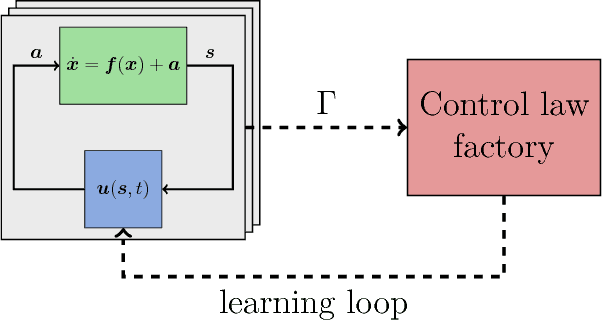
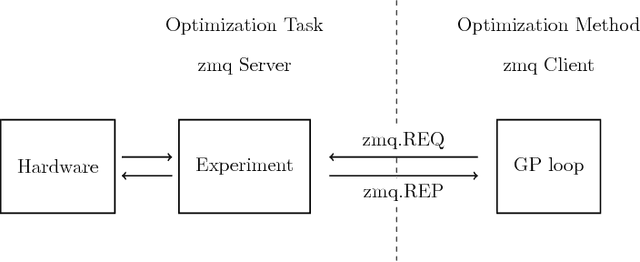
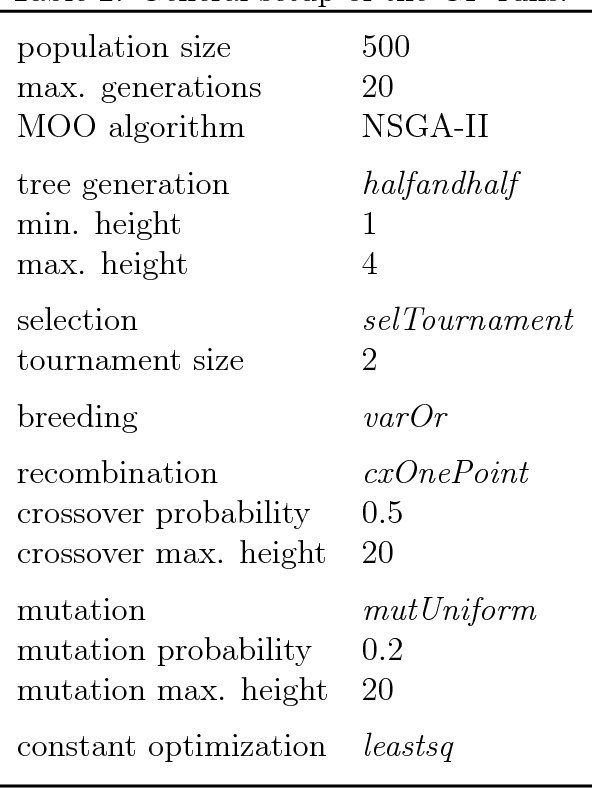
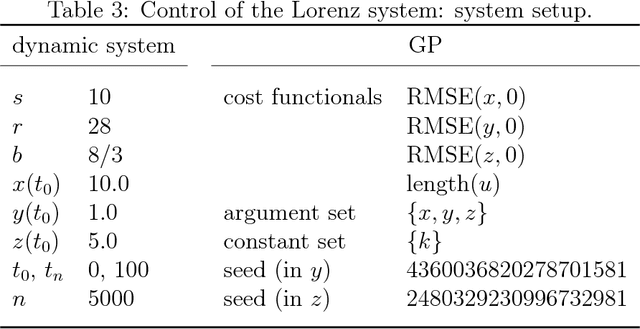
Abstract:We present Glyph - a Python package for genetic programming based symbolic regression. Glyph is designed for usage let by numerical simulations let by real world experiments. For experimentalists, glyph-remote provides a separation of tasks: a ZeroMQ interface splits the genetic programming optimization task from the evaluation of an experimental (or numerical) run. Glyph can be accessed at http://github.com/ambrosys/glyph . Domain experts are be able to employ symbolic regression in their experiments with ease, even if they are not expert programmers. The reuse potential is kept high by a generic interface design. Glyph is available on PyPI and Github.
Learning Optimal Control of Synchronization in Networks of Coupled Oscillators using Genetic Programming-based Symbolic Regression
Mar 20, 2018
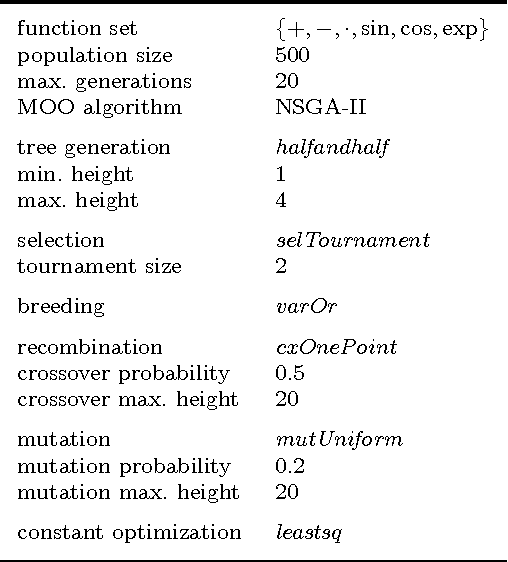


Abstract:Networks of coupled dynamical systems provide a powerful way to model systems with enormously complex dynamics, such as the human brain. Control of synchronization in such networked systems has far reaching applications in many domains, including engineering and medicine. In this paper, we formulate the synchronization control in dynamical systems as an optimization problem and present a multi-objective genetic programming-based approach to infer optimal control functions that drive the system from a synchronized to a non-synchronized state and vice-versa. The genetic programming-based controller allows learning optimal control functions in an interpretable symbolic form. The effectiveness of the proposed approach is demonstrated in controlling synchronization in coupled oscillator systems linked in networks of increasing order complexity, ranging from a simple coupled oscillator system to a hierarchical network of coupled oscillators. The results show that the proposed method can learn highly-effective and interpretable control functions for such systems.
* Submitted to nonlinear dynamics
 Add to Chrome
Add to Chrome Add to Firefox
Add to Firefox Add to Edge
Add to Edge